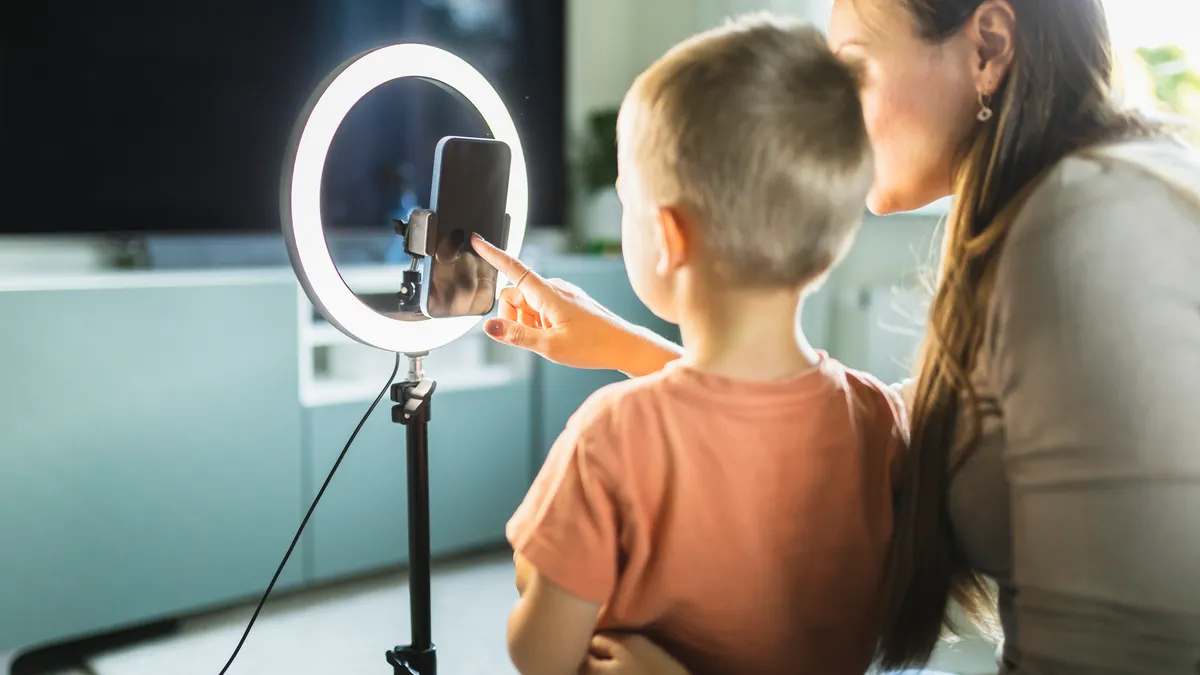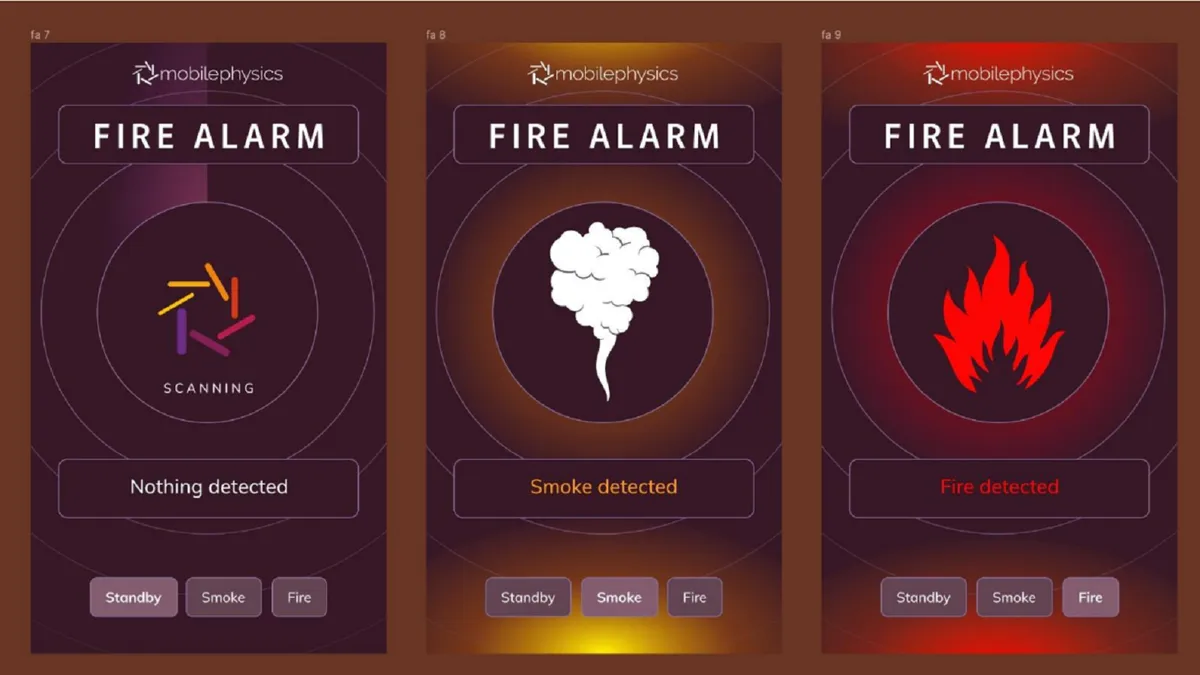Washington state is taking steps to be the first in the US to regulate the child influencer industry.
The practice of parents exploiting their children through videos found on YouTube or TikTok is finally seeing some real scrutiny in the US.
The Washington state legislature held its first hearing this week for House Bill 1627, which aims to ensure that children who are heavily featured or star in online content have a right to financial compensation for their work. The proposed bill also empowers children to maintain their privacy by requesting the deletion of videos and other content they’re featured in once they reach the age of majority.
It marks the first attempt to introduce legislation in the US that puts guardrails on this trend, which has seen a rise in YouTube family vlogs and TikTok accounts featuring children who range in age from newborns to teens. The content, which allows the public to see, share and comment on intimate aspects of their lives, has become an increasingly lucrative sliver of social media.
But unlike children working in the movie and television industries, children working on social media at their parents’ behest have no protections under existing US labor laws. This means there’s no cap on how many hours a child can be forced to work, no obligation for parents to set money aside for them and no recourse for children to later regain control over their image and personal data. The hope is that this law sets a precedent for other states to make similar moves.
“This issue is not going away,” said Chris McCarty, the architect of House Bill 1627, speaking at the house hearing on Tuesday. “Once these kids start growing up, the true extent of damage inflicted by monetized family channels will be realized.”
An 18-year-old political science freshman at the University of Washington, McCarty has been working on this legislation since their junior year of high school.
McCarty’s interest in the issue first stemmed from reading about the case of Huxley Stauffer, who was adopted from China as a toddler by family vloggers Myka and James Stauffer. After realizing they weren’t equipped to take care of Huxley, who had complex special needs, the couple gave him up to live with another family – but not before they’d made extensive monetized content about Huxley and his adoption.
McCarty’s hope now, they told lawmakers at the hearing, was that passing the bill would make Washington a “leader in tech policy.”
Proposing the bill on McCarty’s behalf was Washington State Representative Kristine Reeves, who took over the bill from Representative Emily Wicks after she retired at the end of the last legislative session. Speaking at the hearing on Tuesday, Reeves said that she was motivated to introduce the bill as a mom who was thinking carefully about the online presence of her own children.
“The problem that we are trying to solve here is making sure that we are centering our children’s rights in how they get to own their presence online,” she told her fellow lawmakers.
One of the witnesses who testified at the hearing, who goes by the name Cam Barrett, detailed how having their image and details of their life shared on the internet as a child has affected them by creating a digital footprint that they have no control over. Barrett said if you Google their real first name, photos of them as a child in a bikini are still the first results that pops up – something they’re terrified will be “weaponized” against them.
They also described how the intimate details of their first period were shared online by their parents without their consent, as well as other private medical information about a car accident and a virus that resulted in hospitalization, which led to her being ostracized and bullied at school.
It is this – parents’ exploitation of their children’s medical emergencies for financial gain – that McCarty said has shocked them most while researching and drafting the bill. In an interview on Wednesday with CNET, McCarty described how they also performed extensive research around the Coogan Law, which was passed in 1939 to protect working children in Hollywood from exploitation, to establish the best methods to protect a child’s income from their parents.
Like the Coogan Law, which only applies in a handful of states, the drawback of establishing regulation on a state level is that children across the rest of the US won’t be offered the same protections as those living in Washington. The risk is that parents of child influencers in Washington could move out of state if they felt their income might be threatened.
McCarty has had interest from other states regarding House Bill 1627, but has decided to concentrate on getting legislation passed in Washington for now. “In the future, I would love to see some federal recognition,” they said, adding that this could be in the form of adapting existing legislation, such as the Wages and Fair Labor Standards Act.
With an executive session for House Bill 1627 scheduled for Friday, McCarty and Reeves should learn soon whether the bill will move out of the committee stage. If the bill progresses, it will be an opportunity for Washington to lay the groundwork for regulation that could provide a model for other US states to follow.
“My hope is that as we continue to advance in our technology, the work that we do in the legislature can be thinking proactively about how to solve these problems in advance of them and making sure that we’re centering our children’s rights and their protection in that process,” Reeves told the house.




